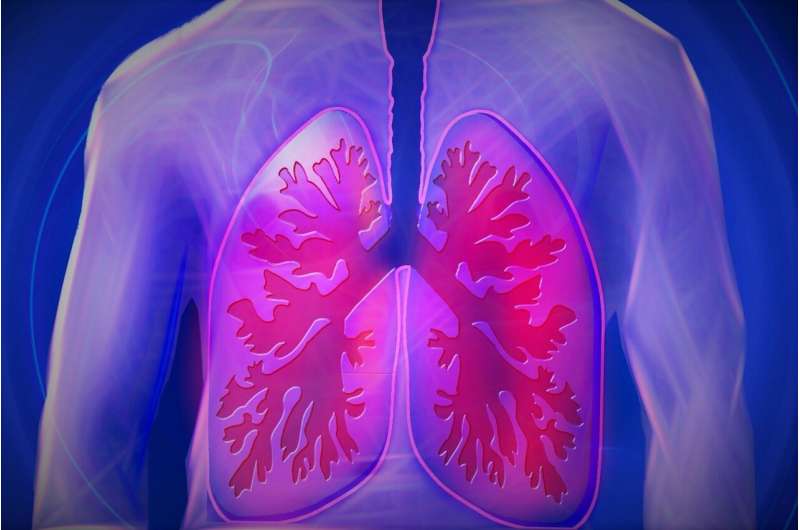Link Between Menstrual Pain and Mental Health in Teen Girls Explored in New Research

New research reveals that menstrual pain in adolescent girls is closely linked to increased risk of anxiety and depression, often preceding mental health issues. Early management and education are key to reducing long-term psychological impacts.
Recent studies indicate a significant link between painful periods and mental health issues among adolescent girls. Approximately 50% of teenage girls endure moderate to severe menstrual pain, which results from uterine contractions and inflammatory chemicals like prostaglandins that cause discomfort. This pain not only impacts daily activities, such as attending school or engaging in social events, but also has long-term psychological consequences.
Research shows that girls experiencing significant period pain are two times more likely to exhibit symptoms of anxiety and depression during adolescence. More concerning is evidence suggesting that period pain often precedes mental health problems, indicating that menstrual discomfort could be a risk factor for future psychological issues.
A longitudinal Australian study tracking 1,600 girls from ages 14 to 18 found that those with painful periods consistently reported higher levels of psychological distress, which persisted into early adulthood. Notably, the research suggests a bidirectional relationship: while mental health issues can influence pain perception, menstrual pain itself can contribute to the development of psychological conditions.
The study highlights the importance of recognizing and managing menstrual pain early. Under-treatment and misconceptions among healthcare providers, often dismissing menstrual pain or attributing it solely to stress or mental health conditions, have historically hindered proper care. Effective management strategies include over-the-counter anti-inflammatories like ibuprofen, hormonal therapies such as oral contraceptives, heat therapy, physiotherapy, and regular exercise.
Enhanced menstrual education is crucial to help teens identify abnormal symptoms and seek appropriate support. Schools and community programs play a vital role in providing this education, which can lead to earlier intervention and possibly reduce the risk of long-term mental health challenges associated with menstrual pain.
Further research is needed to explore whether prompt treatment of period pain can mitigate the development of mental health disorders, emphasizing the importance of addressing menstrual discomfort as part of holistic adolescent healthcare.
Source: https://medicalxpress.com/news/2025-05-girls-painful-periods-peers-symptoms.html
Stay Updated with Mia's Feed
Get the latest health & wellness insights delivered straight to your inbox.
Related Articles
'Fiery' Cell Death During Chemotherapy May Drive Bladder Cancer Resistance
New research suggests that chemotherapy-induced inflammatory cell death may promote bladder cancer resistance by activating support cells, highlighting potential for targeted combination therapies to improve outcomes.
Innovative Capsule Sponge May Reduce the Need for Invasive Endoscopies in Esophageal Cancer Monitoring
A new capsule sponge test could replace invasive endoscopies for half of Barrett's esophagus patients, offering a less invasive, more accessible way to monitor esophageal cancer risk and improve early detection.
Harnessing Lung Repair Processes to Enhance Tuberculosis Defense
Discover how innovative inhalation-based TB vaccines targeting lung repair mechanisms can revolutionize tuberculosis prevention and improve global health outcomes.
Targeting Epigenetic Modifications to Halt Multiple Myeloma Progression
New research highlights how targeting epigenetic modifications can disrupt tumor growth in multiple myeloma, offering promising avenues for innovative treatments against resistant forms of this blood cancer.



